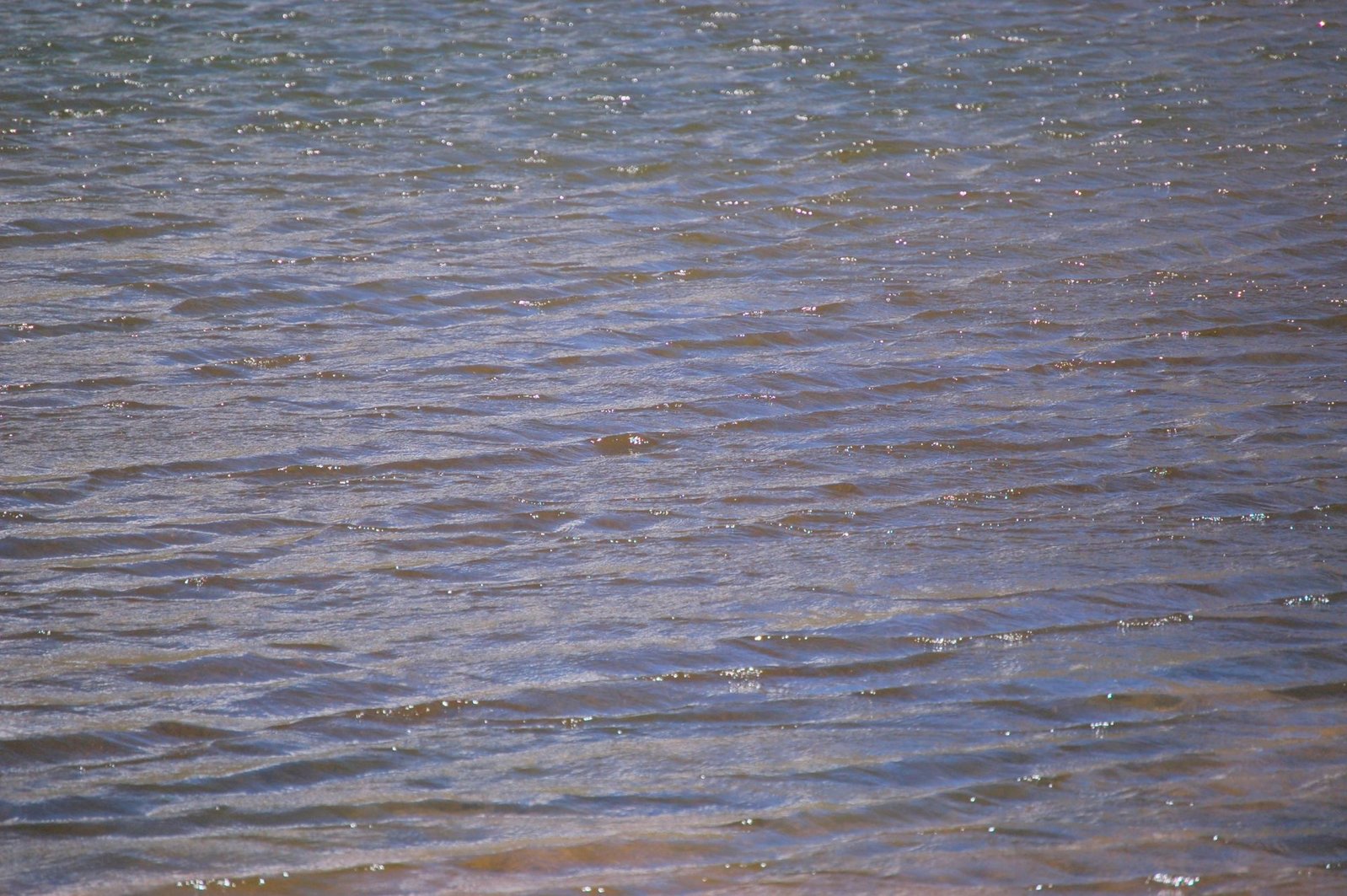Struggling to Focus? How to Improve Your Attention Span When ‘the World Is Sick’
If your mind wanders off before you finish reading this sentence, you’re not alone.
Months into the COVID-19 pandemic, many of us are still learning to live with an ambient thrum of stress, anxiety, fear, grief and anger. For many people—especially those recovering from the virus or juggling work and child care—brain fog and inattention have been collateral damage. In a recent survey of 300 American workers, about 40% said they feel less productive than usual during the pandemic.
Todd Braver, a professor of psychological and brain sciences at Washington University in St. Louis, says that’s completely normal. Lots of research has shown that concentration, memory and cognition suffer when people are under stress and anxiety, and that’s especially true when it builds for months, Braver says. The brain is good at responding to short bursts of stress, but it’s not as good at operating under constant, low-grade pressure.
“Our brains are hard-wired to be vigilant about this potential threat, so that’s using up the same resources we might need…for work or social interactions,” Braver says. Even if it’s happening subconsciously, “you’re diverting some of your capacity to try to deal with the anxiety.”
Sound familiar? Here’s how you can improve your concentration and attention span, even, as Braver says, “while the world is literally sick.”
First, cut yourself some slack
A historic pandemic is unlikely to become the most productive period of your life, nor should you feel pressured to make it so. Take these tips as guidance for getting through work and life obligations as best you can under challenging circumstances—not as a call to do more than you must.
“Take time for self-care and self-compassion,” Braver says, and lean on basics like sleep, healthy eating and exercise. “Appreciate that nobody is operating at 100% of their full capacity. We’re all doing the best we can.”
Set goals
In lab settings, offering feedback or a gentle reminder to stay on-task can help study participants focus, says Gordon Logan, a psychology professor at Vanderbilt University who studies attention and performance. Outside the lab, “you have to create your own feedback,” he says.
Setting specific goals can help do that, Logan says. Instead of vaguely promising yourself you’ll “focus” or “be productive,” decide exactly what you want to do—whether it’s working on a task for 30 minutes straight, or writing a certain number of words by the end of the day. Having a specific goal can help you check in and guide yourself back to the job at hand when your mind starts to drift.
Take breaks—ideally outdoors
Many social scientists believe workplace fatigue is “not so much a physical thing, but it’s more that you’ve been doing the same thing for so long that the reward you get out of it is diminishing,” Logan explains. Taking breaks that fully remove your mind from work can help counter that, he says.
Ideally, Braver says, you’d take these breaks outside, surrounded by a nature, since a growing body of research says green space “has a rejuvenating effect on attention.”
Brief breaks to socialize also give your brain a much-needed change of pace, Logan says.
Practice mindfulness
Braver recommends making mindfulness a daily habit, but it can also be a good spot treatment for inattention. If you feel your focus waning, drop everything, take a comfortable seat, close your eyes and focus on your breath for a couple minutes. Braver recommends counting your breaths going in and out, or slowly bringing your attention to each part of your body, one by one. “It’s not a magic pill,” Braver says, but it can help your brain reset.
Do one thing at a time
“We never do well with multi-tasking,” Logan says. “There’s always a deficit.” Especially when you find it difficult to focus, it may be beneficial to devote all your energy to one task.
That means resisting the compulsion to toggle back and forth between social media, news sites and work. Commit to reading news and checking your timeline at specific points throughout the day, Braver suggests. Not only will this help you concentrate, it may also ease your stress a bit, potentially turning down some of the background noise that makes it so difficult to focus in the first place.
Adjust your schedule
“People’s productivity waxes and wanes,” Braver says. “Four hours of maximum productivity gets as much done as eight hours of fluctuating.” If you have the luxury, take advantage of remote work and talk to your manager about adjusting your hours. If you know you do your best work in the morning, for example, you could front-load your day and sign off earlier, or vice versa.
If that’s not an option, you can still try to schedule strategically. Braver knows he works best in the afternoon, so he books calls and meetings for the morning, then tries to get substantive tasks done in the hours after lunch. “We’re often driven by the schedules that we find ourselves with,” Logan says, but it’s often more effective to shape your own daily plans.
Correction, August 14
The original version of this story misattributed a comment. It is Todd Braver who works best in the afternoon, not Gordon Logan.
View original article
Contributor: Jamie Ducharme

